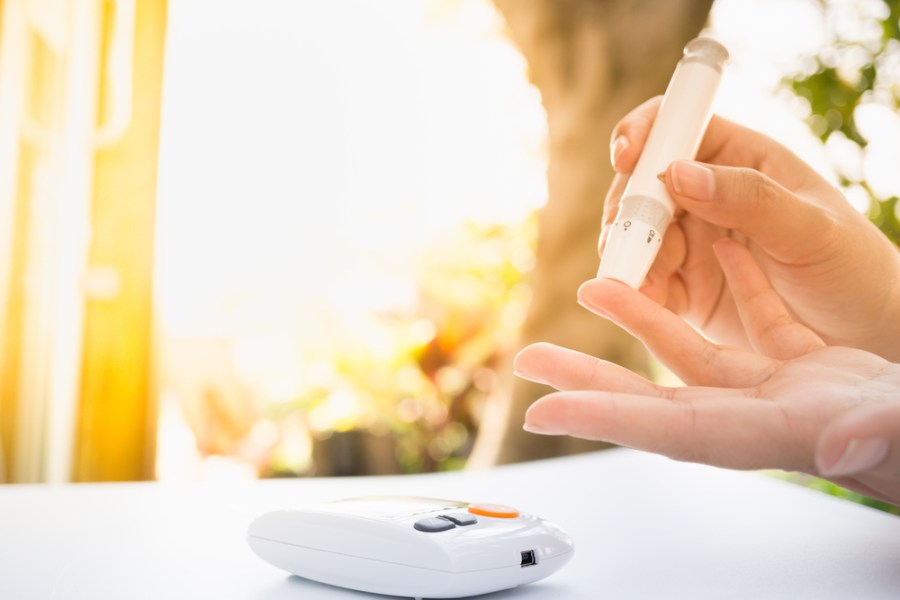Dr Sarah Brewer has compiled this list of foods that balance blood sugar levels which are beneficial for anyone who wants to feel more energised and also useful for someone with type 2 diabetes.
Almonds
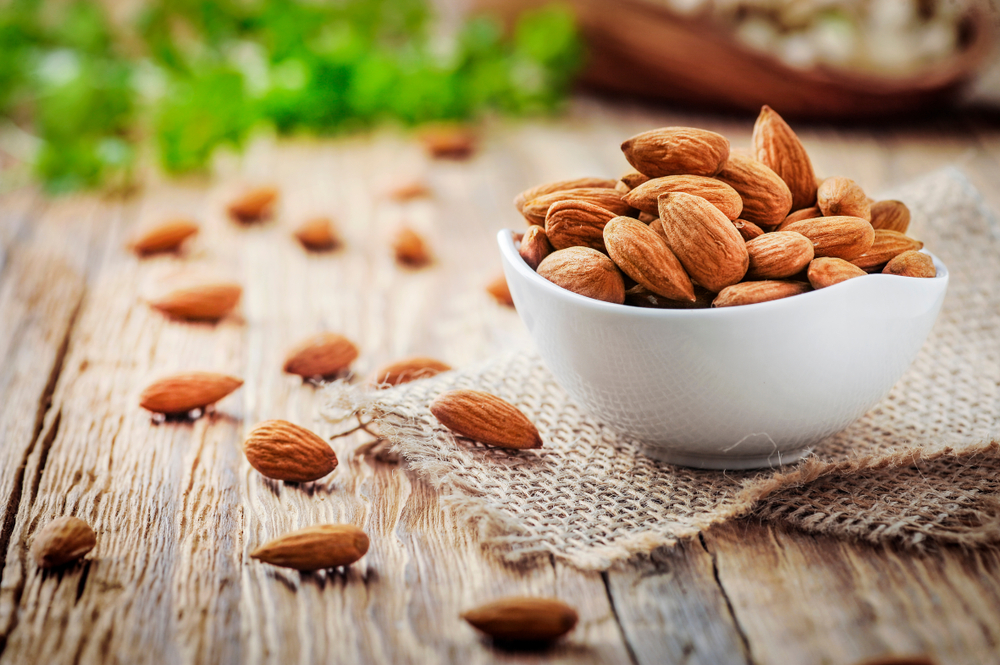
A good source of monounsaturated fats, vitamin E and antioxidant flavonol glycosides. Eating a handful (68g/2.4oz) per day lowers LDL-cholesterol and raises HDL-cholesterol enough to reduce the risk of coronary heart disease and stroke by 12 per cent.
Apples
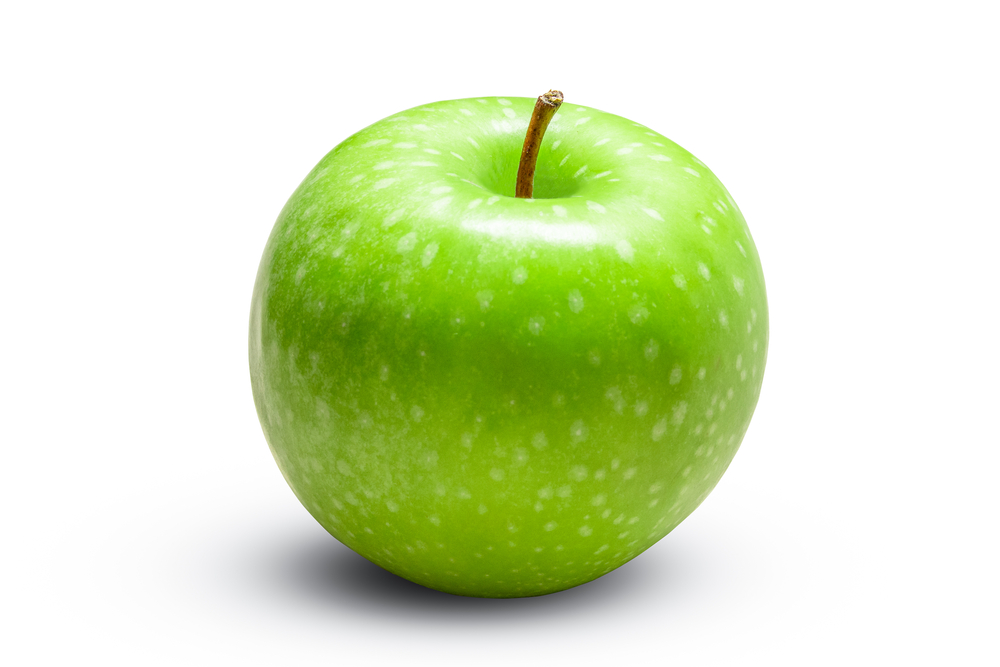
One of the richest dietary sources of antioxidant flavonoids. Flavonoids can prevent the progressive impairment of pancreatic beta-cell function due to oxidative stress in type 2 diabetes. A study involving 38,000 women found those eating at least one apple a day were 28 per cent less likely to develop type 2 diabetes than those eating no apples.
Dark chocolate
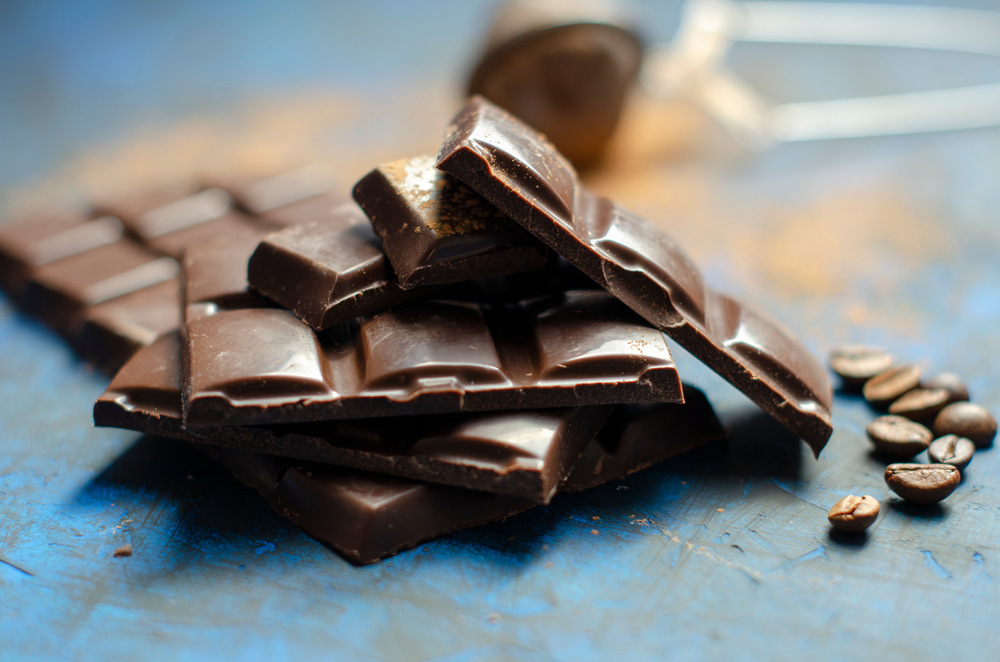
A rich source of antioxidant flavanols. Only select dark chocolate containing at least 70 per cent cocoa solids, or drink unsweetened cocoa. 100g/3.5oz dark chocolate (with at least 70 per cocoa solids) per day can lower blood pressure by 5.1/1.8 mmHg. Dark chocolate has also been shown to decrease insulin resistance. Cocoa extracts can significantly lower glucose levels
Cinnamon
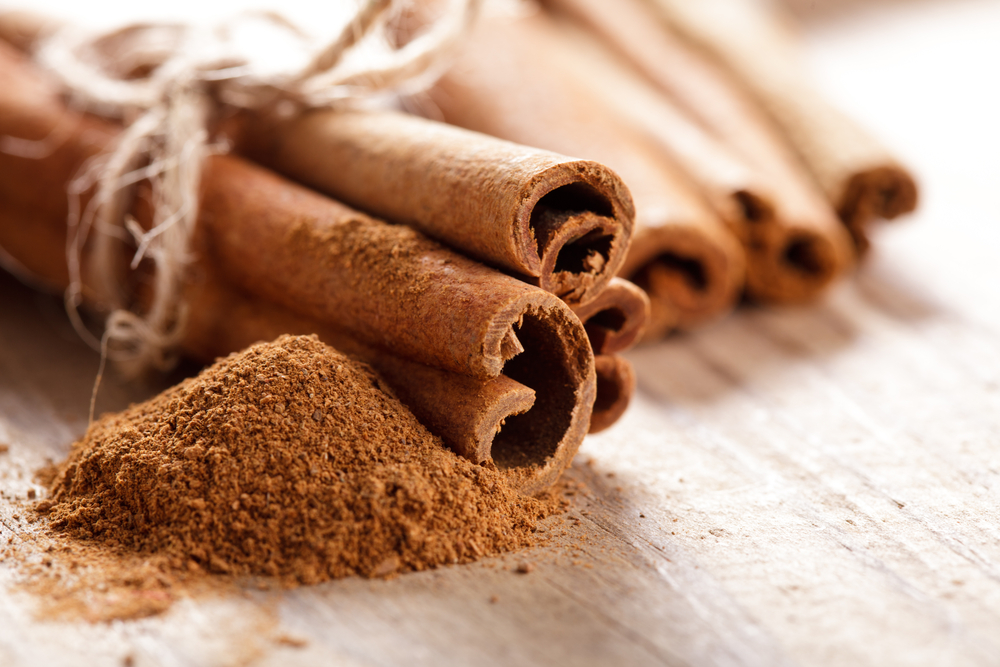
Contains substances that promote secretion of insulin from beta-cells in the laboratory. 1g per day can improve blood glucose levels by 10 per cent in people with type 2 diabetes.
Yellow/orange fruit & vegetables
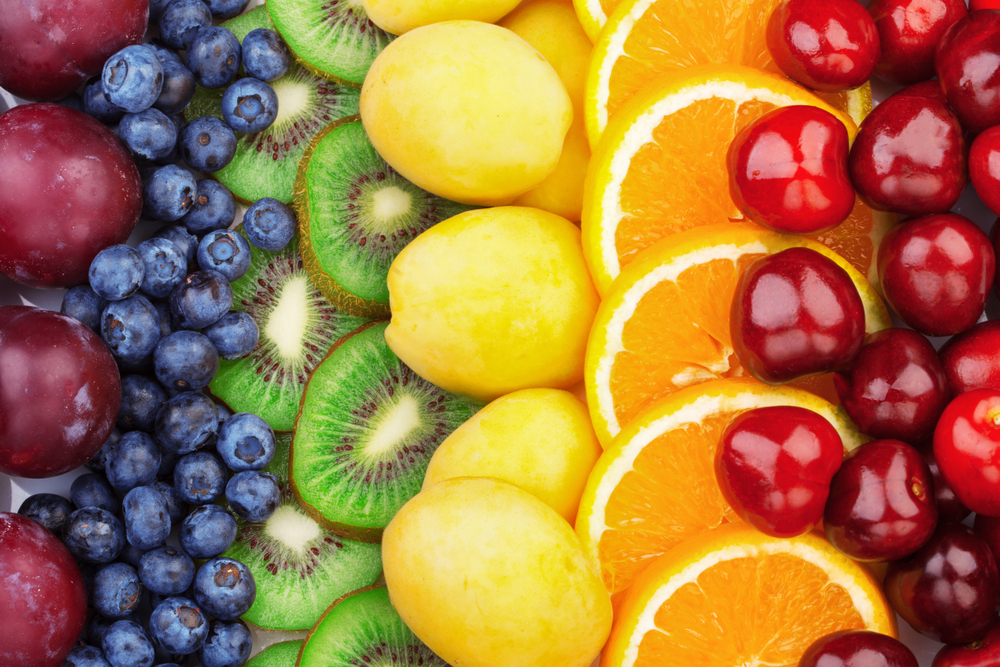
Rich sources of antioxidant carotenoids (e.g. carrots, sweet potatoes, guava, mango, pumpkin). People with the highest intake of carotenoids are half as likely to have poor glucose tolerance than those with low intakes.
Garlic
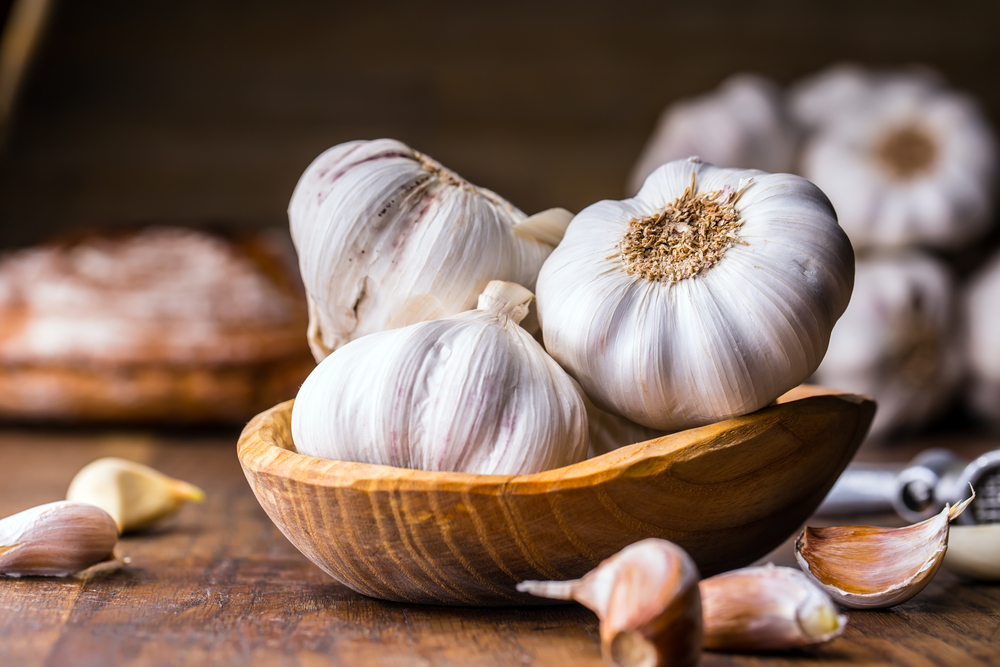
A source of allicin which lowers blood pressure, cholesterol and makes arteries more elastic, plus ajoene which helps to lower blood glucose levels. Aged garlic also contains potent antioxidants. Just 2.7g/0.1oz fresh cloves per day (two to three cloves) can lower LDL-cholesterol enough to cut your risk of a heart attack or stroke by 25 per cent. Ajoene can lower glucose levels by 25 per cent. Aged garlic inhibits formation of glycated proteins. Recent research suggests that garlic oil improves glucose tolerance and can decrease protein loss through the kidneys.
Ginger
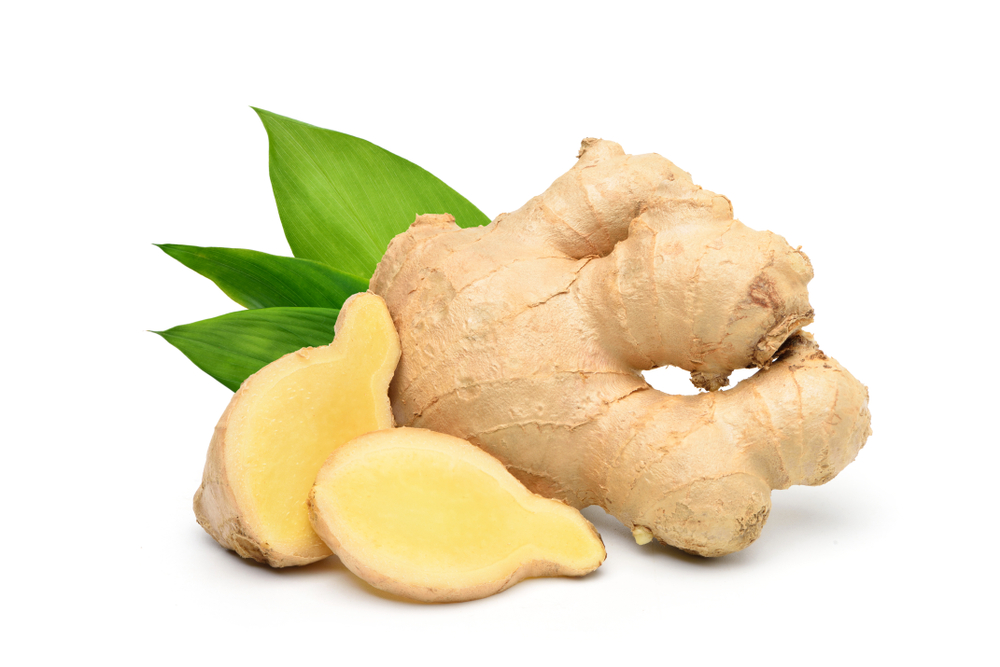
Contains gingerol, zingerone and essential oils. Gingerol reduces blood clotting, boosts circulation and lowers blood pressure. Research suggests ginger increases insulin secretion and increases insulin-sensitive glucose uptake in fat (adipose) cells. Preliminary research suggests it may also reduce diabetes-related kidney damage.
Grapefruit
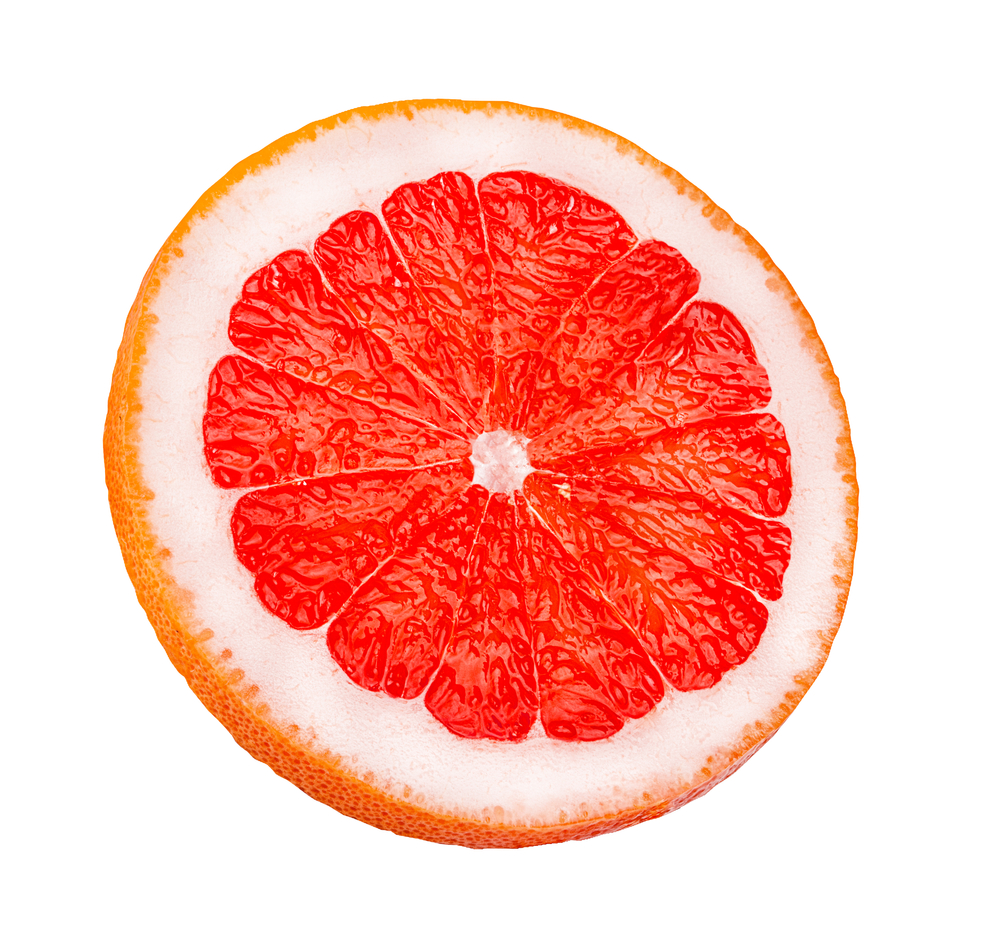
Contains antioxidants, with red grapefruit having a higher flavonoid and anthocyanin content. Grapefruit interacts with several prescription drugs, including statins – check medication insert sheets. Both blond and red grapefruit lower LDL-cholesterol (seven per cent for blond, 15 per cent for red), while red grapefruit lowers triglycerides by 17 per cent (five per cent for blond).
Grapes
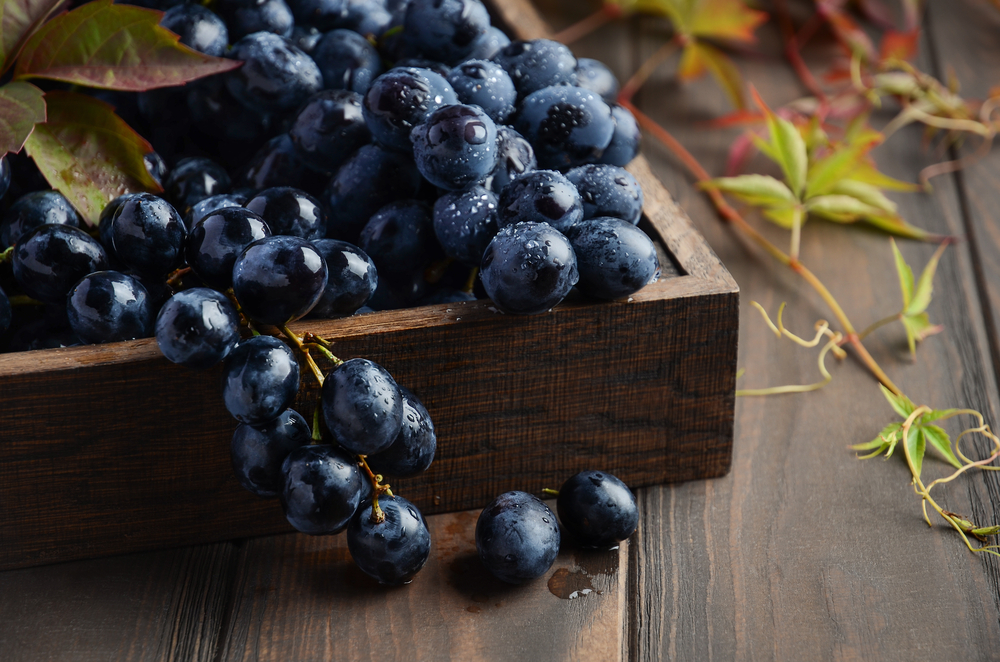
Grapes, especially specially black grapes, are rich sources of antioxidant anthocyanidins such as resveratrol. Compounds found in red grapes can significantly increase levels of protective, antioxidant glutathione in pancreatic cells and increase insulin production in type 2 diabetes.
Olive oil
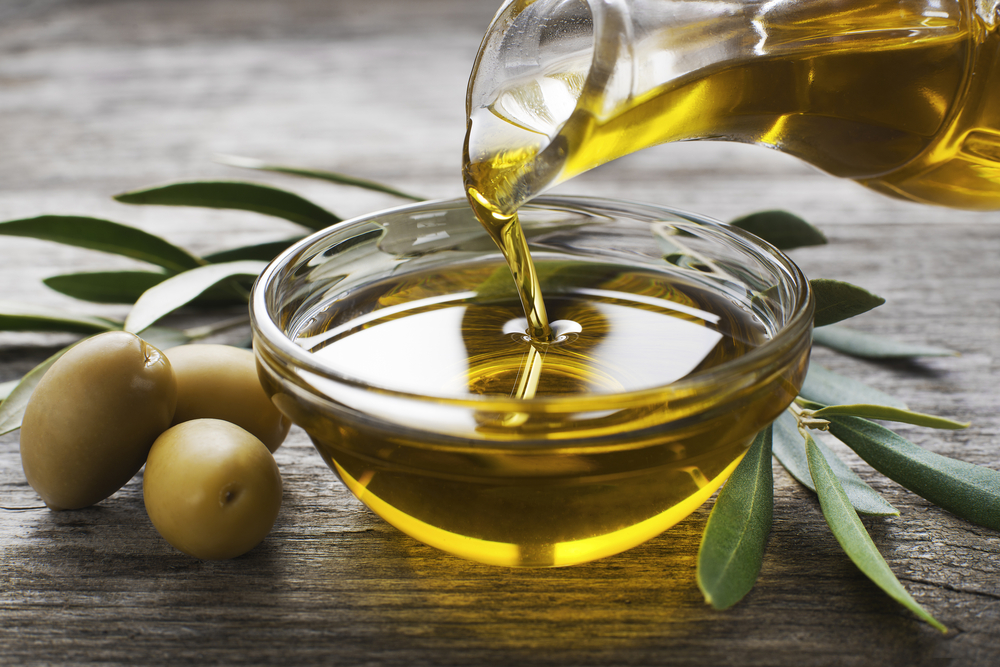
A good source of monounsaturated fats and antioxidants: vitamin E carotenoids and polyphenols. A diet rich in olive oil has been shown to reduce blood pressure, and the risk of coronary heart disease by 25 per cent. Following an olive-oil rich Mediterranean-style diet is predicted to prevent over 90 per cent of type 2 diabetes, 80 per cent of coronary heart disease and 70 per cent of stroke when combined with regular physical activity and not smoking.
Oranges
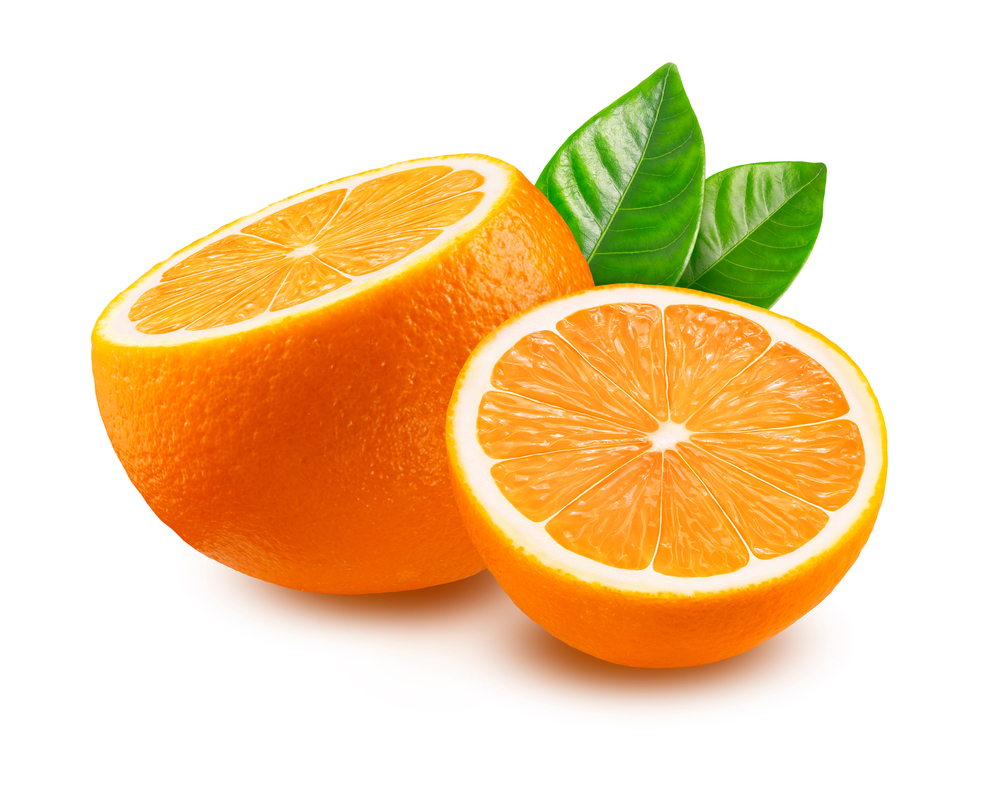
Especially the red ‘blood’ oranges have high levels of antioxidant vitamin C, anthocyanidins and flavones. Cyanidin-3-glucoside and delphinidin-3-glucoside found in red oranges were recently shown to promote insulin secretion to improve glucose tolerance.
Pomegranate
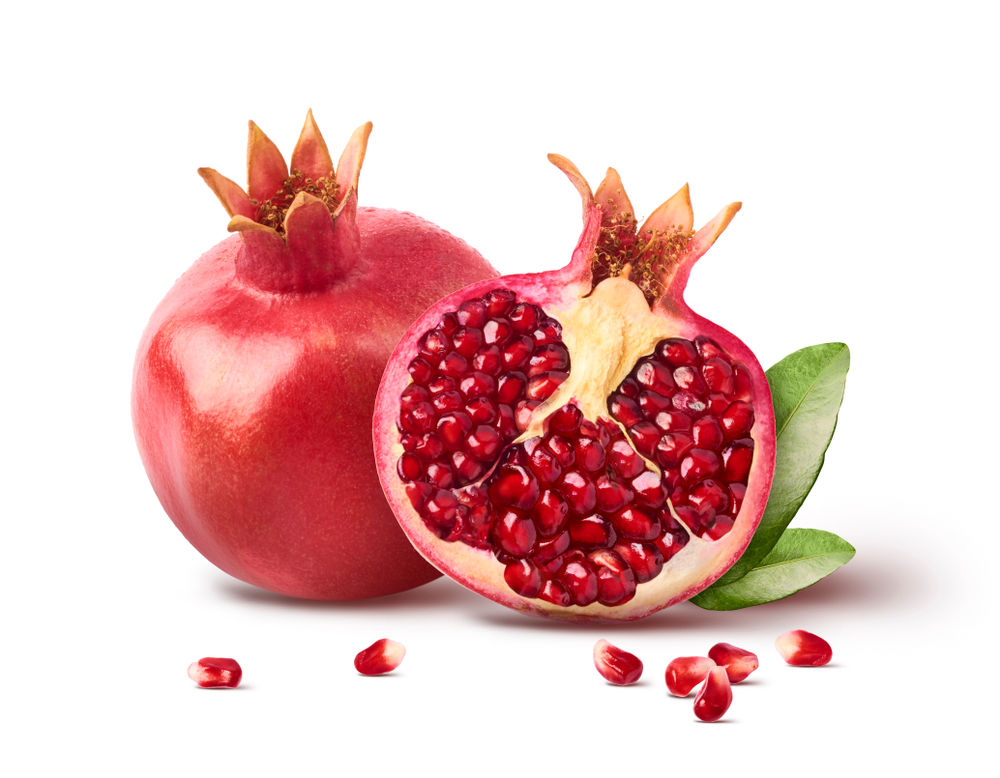
An unusually rich source of polyphenols and anthocyanin antioxidants. Pomegranate juice lowers LDL-cholesterol and can reduce systolic blood pressure by 5 per cent when consumed daily. Consumption of pomegranate juice does not worsen glucose tolerance but significantly raises the antioxidant content of immune cells.
More information
Dr Sarah Brewer works on the medical advisory board for CuraLin, the all-natural supplement that helps people with diabetes balance their blood sugar levels, naturally. CuraLin (RRP £59) is a specially tailored natural formula that promotes healthy and balanced blood sugar levels and insulin production in those suffering from type 2 Diabetes.

